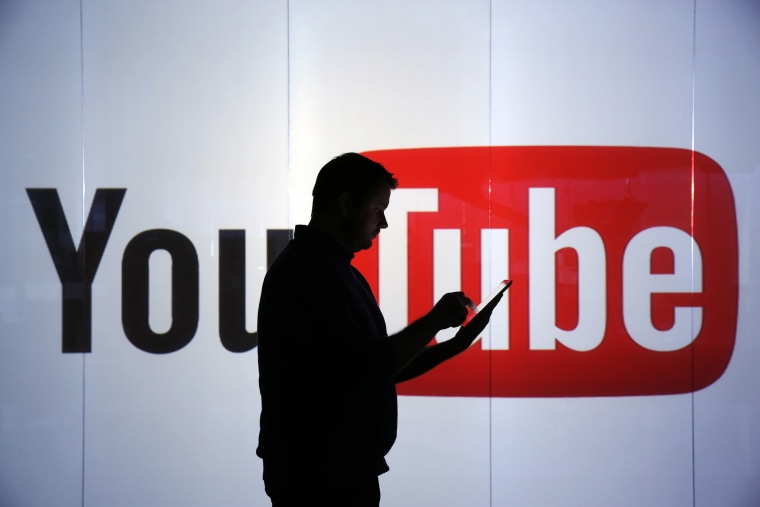Iran's covert social media-based propaganda campaign extended to Google and its video platform YouTube, the company said Thursday.
Google said that it had removed 58 accounts on its various services that it found had connections to the Islamic Republic of Iran Broadcasting (IRIB), Iran's state media organization. The U.S. blacklisted IRIB in 2013 as part of its efforts to force the country to stop its nuclear program.
The search company is at least the third Silicon Valley firm this week to say it had found evidence of an Iran-based effort to use fake names to push political content to people in the U.S. and other countries. Facebook and Twitter said Tuesday that they had removed such accounts.
Google said it had used technical analysis including IP addresses, metadata and domain ownership to tie the accounts to Iran and that the operation had been running since at least January 2017.
The Iranian effort on YouTube appeared to be relatively small, involving 39 YouTube channels with fewer than 14,000 total U.S. views, the company said. Google also removed six accounts from its blogging platform and 13 Google+ accounts.
Google credited cybersecurity company FireEye with helping to identify the Iranian operation. The company, which also advised Facebook and Twitter, released its full report on the Iranian operation.
Kent Walker, senior vice president of global affairs at Google, wrote in a blog post that the company continued to hunt for state-based hacking and disinformation efforts.
"The state-sponsored phishing attacks, and the actors associated with the IRIB that we’ve described above, are clearly not the only state-sponsored actors at work on the Internet," Walker wrote.
Walker said Google had continued to look for activity from Russia's Internet Research Agency, and that the company has removed 42 YouTube channels related to the organization since it's initial action.
Iran this week called the accusations by tech companies “ridiculous.” Russia has long denied using social media to try to sway Americans.
Iran’s use of a social media playbook also taken up by Russia shows how easy it is for perhaps any country to spread state-backed propaganda abroad under fake names, security analysts said this week.
